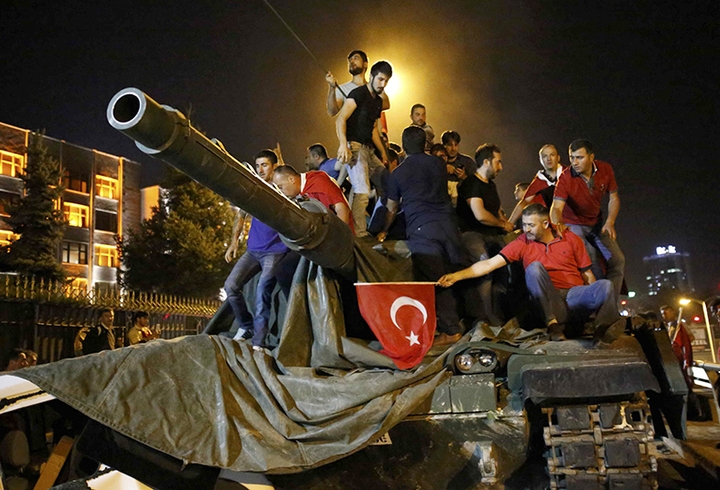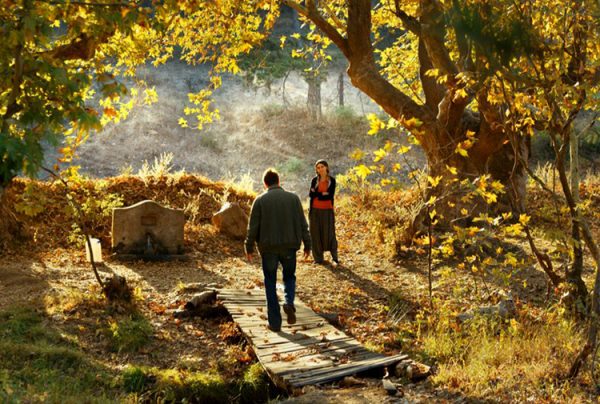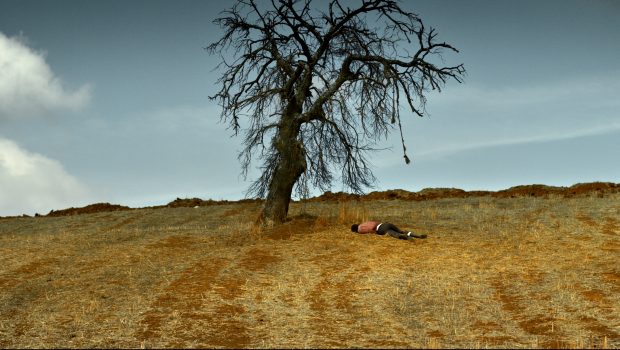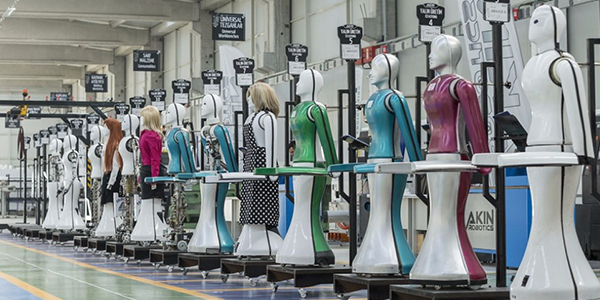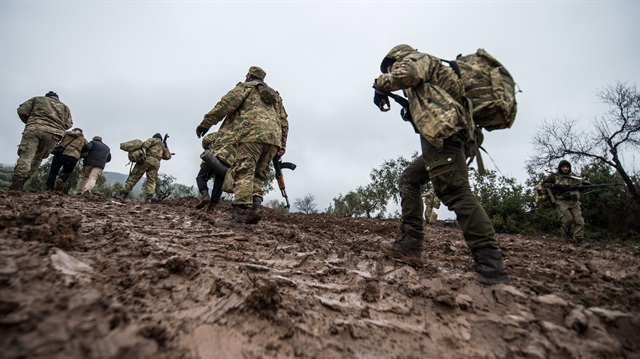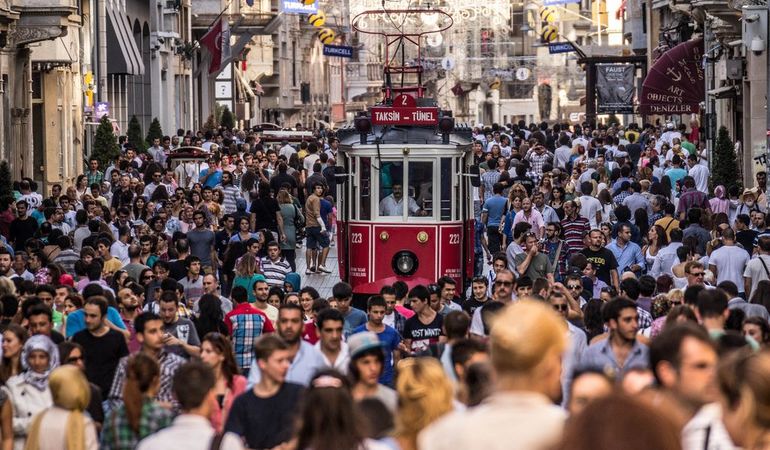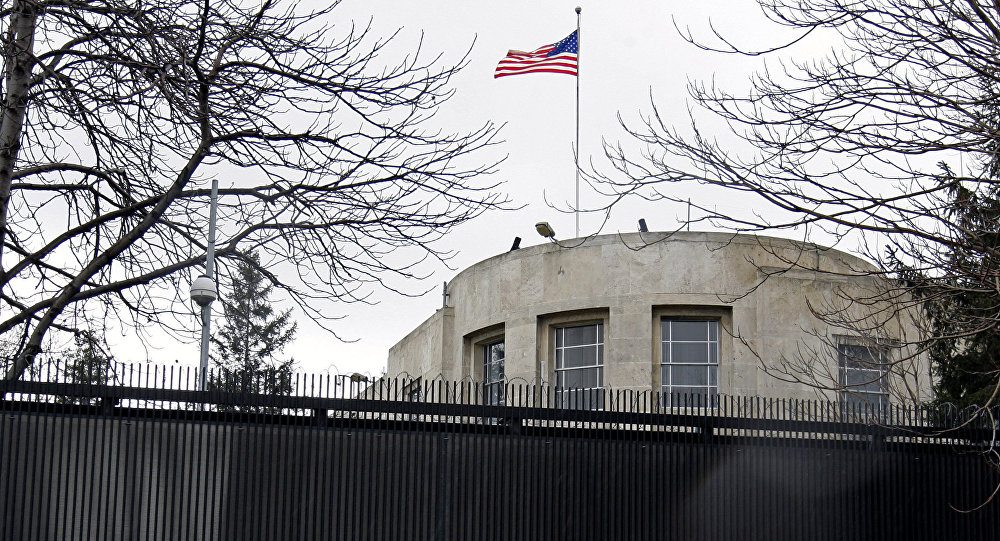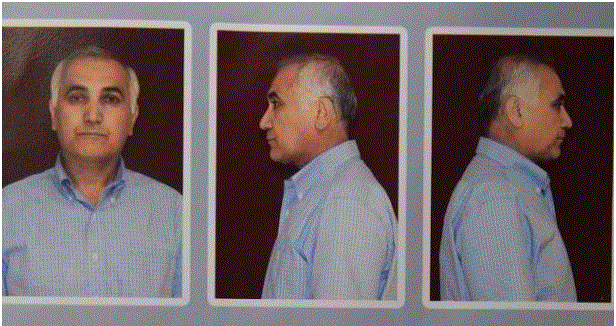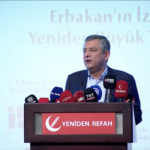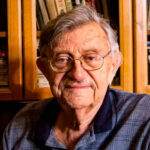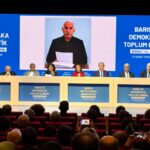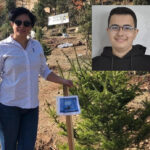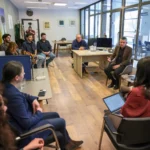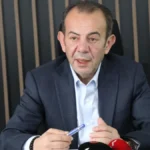Adam McConnel
After 03:00 and President Erdoğan’s arrival in Istanbul, I continued to flip through the channels, watching the various scenes unfold. After this point it was clear that the coup would not succeed — despite what was being reported internationally. The failure of the international press on this count is all the more notable because the only thing they had to do was to get someone who knows Turkish to sit and monitor the Turkish TV channels. Essentially, all the major Turkish channels also have live internet feeds, and the internet continued to function throughout the night. There was no excuse for maintaining a “we don’t know what’s happening” or “it looks like régime change in Turkey” narrative anytime past 02:00 Turkish Standard Time (23:00 GMT, 15th July).
In the following hours, watching the continuing events meant watching the junta’s attempts to simply create more damage, and to kill and terrorize more people. On the Bosphorus bridges, people were being shot in cold blood, and one of the tanks on the bridges appears to have fired its cannon at the protestors. From our window gunfire was audible, but it seemed less close and less frequent. Once or twice I remember hearing jets, but only at a distance. I don’t remember hearing the helicopters again.
From Ankara, coverage was focused on the damage done to the National Assembly as well as the ongoing standoffs in several government buildings. The extent of the junta’s plans became clear as reports from various places in Ankara and Istanbul filtered in, plus information about all the activity in the air. The involvement of the Turkish Air Force was disconcerting, and one item stuck in the back of my mind. I don’t remember when we received confirmation, but at some point during the hours after 03:30 we learned that Air Force personnel far away from Ankara had been involved in the junta. And then the news that I really dreaded: there were junta officers at İncirlik AFB.
My guess is that in the past couple of days more people have become aware of just why that item was so vital. Yes, İncirlik is important to U.S. operations in Syria against ISIS, but that is a secondary issue. What is more important is that a number of U.S. nuclear weapons (as many as forty hydrogen bombs, which is said to around one-third of what is at NATO’s disposal) are stored at İncirlik.
I don’t know (no outsider can easily know) the details of how those weapons are kept, and whether it might be possible for some rogue officers to capture one or more and then somehow use (or threaten to use) them. But they were there in İncirlik and they also had delivery capacity because of the jets under their command. There was no way of knowing what might happen. And in those hours, it was clear that the junta officers were not only set on death and destruction, but also not quite sane in terms of their mental outlook. They were capable of anything.
On television we were now seeing footage of junta troops — many of them obviously rural youth doing their mandatory military service — being rounded up, arrested, and frog-marched into vehicles or police stations. Here’s an item that I haven’t seen much comment on: the police were a key component of suppressing this coup attempt. This is remarkable because only three years ago the Turkish police were known to be largely under the control of Fethullah Gülen’s adherents. In the wake of the December 2013 corruption investigations launched by Gülen’s minions in the police and the judiciary, the police were at least partially purged of Gülenist influence. The judiciary, on the other hand, was not, as judges and prosecutors were largely shuffled in large numbers, though not fired, in an attempt to hinder their contact networks.
In the past two years the professional quality of the Turkish police, on the street level, has increased. They both resemble and conduct themselves much more in accordance with what we would expect from trained career officers. However, that is only my impression from what I keep observing out on the street. But what the police did, and how they did it, last Friday and subsequently, have confirmed my impression. The formerly solidly Gülenist police were now a major force preventing Gülen’s troops from asserting control. This was clearly and easily observable from the coverage flowing past on various channels. And most of the police personnel that I saw on television were quite young, suggesting that many of them may have been recruited and trained over the past three years or so.
It was around 06:30 in the morning when President Erdoğan spoke to a massive crowd at Atatürk Airport. I assume that by that time the skies were considered safe enough for him to emerge from the building. Clearly the coup had failed, so I tried to lie down to sleep. But I cannot say that I was able to do so. Instead, intense fear kept me awake (I wouldn’t be able to sleep until sometime early Sunday morning). From time to time gunfire could still be heard from the direction of the Bosphorus, and I kept expecting once more to hear jets or explosions. I never wanted to be able to say it, but in some very small way, insignificant in comparison, I began to understand a bit of what the Syrian refugees in Turkey have probably experienced in their own country. The trauma is dreadful. May they as well as all others never again experience the same in this country.
Yazıyı beğendiysen, patronumuz olur musun?
Evet, çok ciddi bir teklif bu. Patronumuz yok. Sahibimiz kar amacı gütmeyen bir dernek. Bizi okuyorsan, memnunsan ve devam etmesini istiyorsan, artık boş olan patron koltuğuna geçmen lazım.
Serbestiyet; Türkiye'nin gri alanı. Siyah ve beyazlar içinde bu gri alanı korumalıyız. Herkese bir gün gri alanlar lazım olur.




